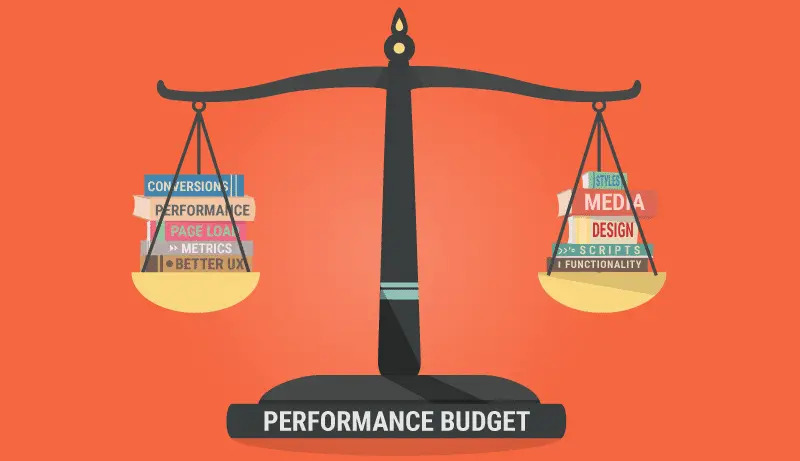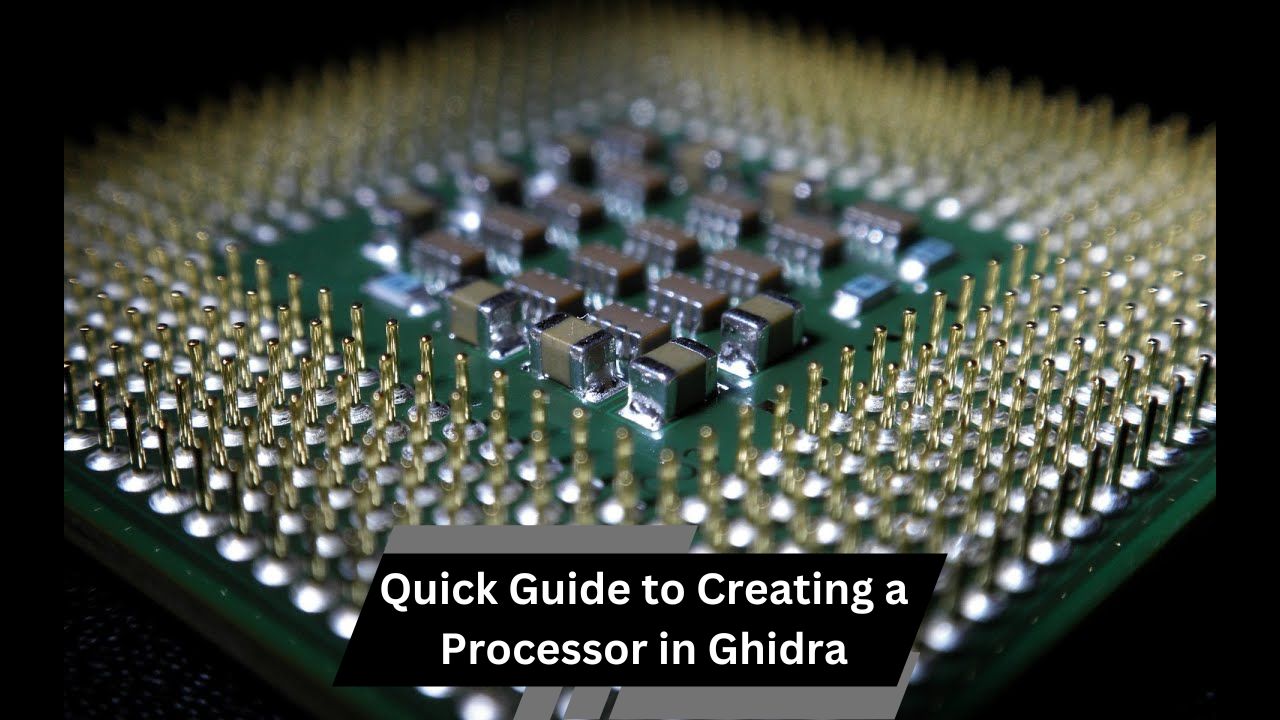Determine your processor core needs based on tasks: basic users need 2-4 cores, while gamers and professionals may require 6-16+ cores for optimal performance.
When you’re choosing a new computer or upgrading your current one, one of the most important things to think about is the processor—specifically, how many cores it has. The number of cores in a processor directly impacts your computer’s performance, influencing everything from basic everyday tasks to more intensive applications. This guide will help you understand what processor cores are, how they affect your computer’s performance, and how to figure out the right number of cores for your specific needs.
What is a Processor Core:
A processor core is like a brain within your computer’s CPU (Central Processing Unit). Each core can carry out its own tasks independently of others, which means a multi-core processor can handle more than one task at the same time. This ability to multitask can make your computer faster and more efficient, especially when running programs that require a lot of processing power.
Why Do More Cores Matter:

In the early days of computers, CPUs had only one core. This meant the processor could only do one thing at a time, which made multitasking slow and cumbersome. As technology advanced, processors started to include more cores, allowing them to handle multiple tasks simultaneously. Today, it’s common to find processors with anywhere from two to sixteen cores or even more in high-end systems.
More cores can improve your computer’s performance in several ways:
- Better Multitasking: With more cores, your computer can run multiple applications at once without slowing down.
- Faster Processing: Programs that are designed to use multiple cores, like video editing software or modern games, can run much more quickly and smoothly.
- Future-Proofing: As software continues to evolve, more programs will take advantage of multi-core processors, so having more cores can help your computer stay relevant for longer.
How Many Cores Do You Need:
The number of cores you need depends on what you plan to do with your computer. Let’s break it down based on different types of users:
Basic Users (2-4 Cores):
Who are they? These are people who use their computer for simple tasks like browsing the web, checking emails, streaming videos, and working on documents.
How many cores? For these basic tasks, a processor with 2 to 4 cores is usually enough. Most budget laptops and desktops come with dual-core or quad-core processors, which can handle these activities without any issues.
Examples: Browsing the internet, using Microsoft Office, streaming movies on Netflix.
Gamers (4-8 Cores):
Who are they? Gamers need a bit more power because modern games are more demanding. Games are getting more complex and are often designed to take advantage of multiple cores.
How many cores? For casual gaming, a quad-core processor might be sufficient. However, if you’re into more demanding games or want to future-proof your system, a processor with 6 to 8 cores would be better.
Examples: Playing popular games like Fortnite, Call of Duty, or Assassin’s Creed, especially at higher settings.
Content Creators (8-16 Cores):
Who are they? This group includes people who edit videos, work with 3D graphics, create music, or perform other tasks that require a lot of computing power.
How many cores? For content creators, an 8-core to 16-core processor is ideal. These tasks are very demanding, and more cores can help speed up rendering times, export videos faster, and make the overall workflow smoother.
Examples: Editing videos in Adobe Premiere, rendering 3D models in Blender, or working with large Photoshop files.
Also read: Do Processors Need Drivers – A Comprehensive Guide!
Professional Workstations (16+ Cores):
Who are they? Professionals who work in fields like engineering, scientific research, data analysis, and high-end design.
How many cores? For these tasks, you might need a processor with 16 or more cores. This is because these jobs often involve complex calculations and simulations that can be divided across many cores, making the work go much faster.
Examples: Running complex simulations, large-scale data processing, or virtual environments.
Servers and Data Centers (16-32+ Cores):
Who are they? These are the backbone systems that need to handle many requests from different users at once, such as websites, cloud services, and large-scale applications.
How many cores? Servers and data centers typically use processors with 16 to 32 cores or even more. These processors can handle multiple tasks simultaneously, which is essential for maintaining performance and uptime.
Examples: Web hosting, cloud computing, managing databases.
Other Factors to Consider Besides Cores:
While the number of cores is important, it’s not the only thing to think about. Here are a few other factors that also affect your computer’s performance:
- Clock Speed (GHz): This is how fast each core can process information. Higher clock speeds mean faster performance, especially in tasks that don’t use many cores.
- Cache Size: The CPU cache is like a short-term memory that helps the processor access frequently used data quickly. A larger cache can improve performance.
- Thermal Design Power (TDP): This refers to how much heat the processor generates. Processors with higher TDPs might require better cooling solutions.
Balancing Performance and Budget:

It’s easy to think that more cores are always better, but it’s also important to balance the number of cores with your budget and what you really need. Here are a few tips:
- Don’t Overspend: If you only need a computer for basic tasks, there’s no need to spend extra money on a processor with more cores than you’ll use.
- Think About Future Needs: If you think you might start gaming, editing videos, or doing other intensive tasks in the future, it might be worth investing in a processor with more cores now.
- Consider the Whole System: A powerful processor needs other components like RAM, storage, and a good graphics card to perform well. Make sure to balance your budget across the entire system.
Future-Proofing Your System:
As software continues to evolve, more applications will be optimized to take advantage of multiple cores. This means that even if you don’t need a lot of cores right now, investing in a processor with more cores can help ensure your computer stays fast and capable for several years.
FAQ’s:
1. What are processor cores?
Processor cores are individual units within a CPU that perform calculations and carry out tasks, with more cores allowing for better multitasking and performance in demanding applications.
2. How many cores do I need for basic tasks?
For basic tasks like web browsing and word processing, 2-4 cores are typically sufficient.
3. Is a quad-core processor enough for gaming?
A quad-core processor can handle casual gaming, but for more intensive games, a 6-8 core processor may provide better performance.
4. What are the benefits of having more cores in a processor?
More cores allow for better multitasking, faster processing in multi-threaded applications, and can help future-proof your system.
5. Should I prioritize core count or clock speed?
It depends on your needs; more cores are better for multitasking and heavy workloads, while higher clock speeds benefit tasks that rely on single-threaded performance.
Conclusion:
Choosing the right number of processor cores depends on what you want to do with your computer now and what you might need in the future. For most users, a quad-core or six-core processor will provide a great balance between performance and price. However, if you’re a gamer, content creator, or professional needing extra power, investing in a processor with more cores can make a big difference in your experience.




